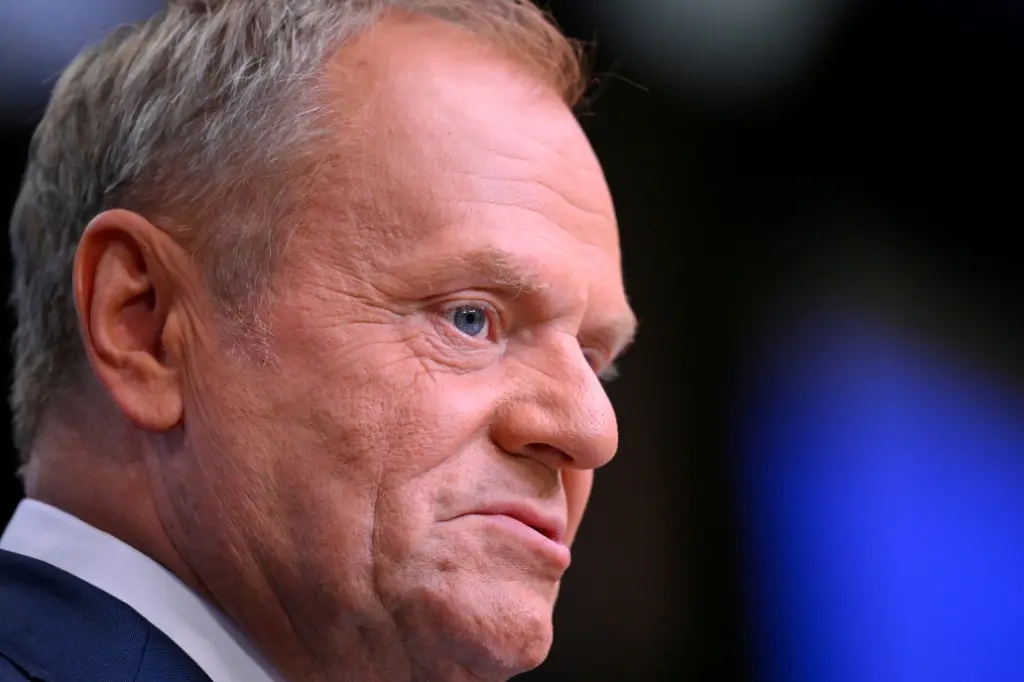
Poland has announced border controls with Germany starting July 7. The temporary reintroduction of controls at the German-Polish border is intended to "limit and minimize the uncontrolled flow of migrants back and forth," Prime Minister Donald Tusk announced on Tuesday. "We are aware that this decision entails certain consequences for people's freedom of movement." However, there is "no other way." Poland is also introducing temporary controls with Lithuania.
Federal Interior Minister Alexander Dobrindt (CSU) ordered increased border controls and the rejection of asylum seekers at the beginning of May. Tusk then announced three weeks ago that he was considering introducing border controls with Germany in response to the actions of the CDU/CSU federal government.
Chancellor Friedrich Merz (CDU) said in Berlin on Tuesday that the migration issue is "a common problem that we want to solve together." Germany is "in close contact with the Polish government to keep the burden as low as possible," he emphasized at a press conference shortly before the announcement of Poland's new border controls.
Contrary to what was reported in the Polish media, there are "no returns to Poland of asylum seekers who have already arrived in Germany," the Chancellor emphasized.
Migration policy was a central issue in Poland's presidential election campaign. The election victory of right-wing nationalist Karol Nawrocki, who called for stricter controls on the border with Germany, was a severe setback for Tusk's liberal-conservative government. Following the defeat of his ally Rafal Trzaskowski in the election in early June, the prime minister submitted a vote of confidence. His government won the vote in parliament.